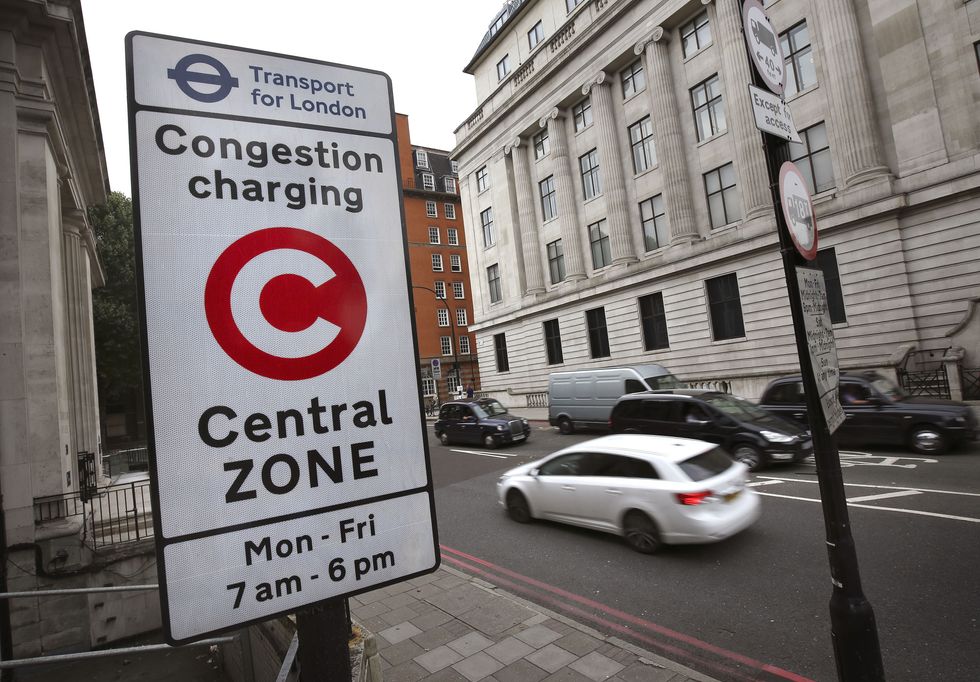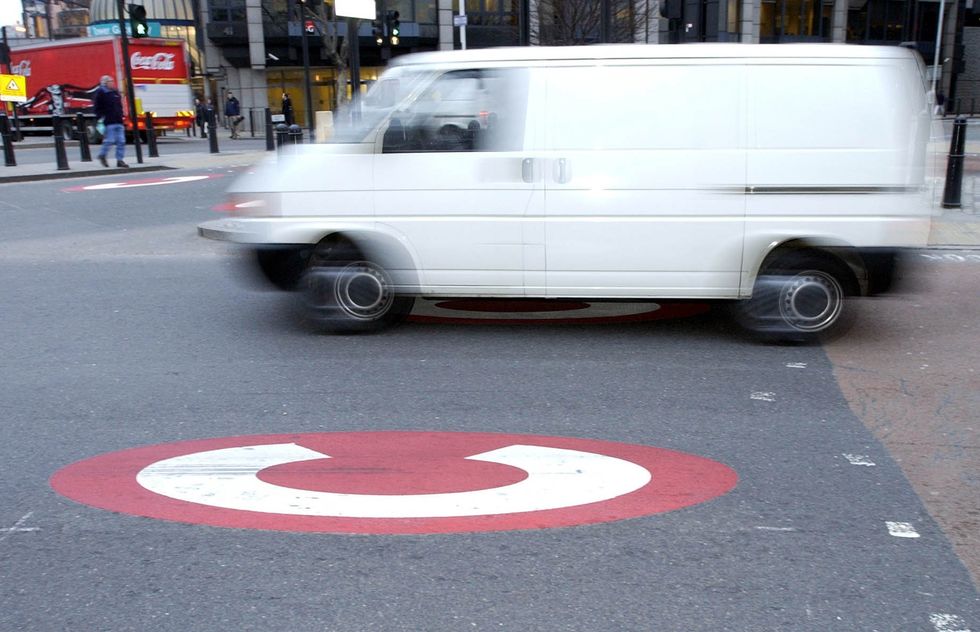IT glitch sees thousands of drivers ‘wrongfully’ slapped with Sadiq Khan's Ulez and Congestion charges
Mayor Sadiq Khan said the cyber-attack left thousands of Londoners out of pocket
Cyber-attack saw thousands of cab drivers charged for Ulez
Don't Miss
Most Read
Trending on GB News
Thousands of drivers have been hit with a wave of wrongful fines for entering London Ulez and Congestion Charge areas, despite being exempt from these charges.
The Licensed Taxi Drivers' Association (LTDA) reported that hundreds, potentially thousands, of drivers have received penalty notices due to an IT glitch at Transport for London.
The issue has caused significant concern among cab drivers, with many worried about escalating fines and struggling to contact TFL for resolution.
Steve McNamara, general secretary of the LTDA, told the Telegraph: "Our phone systems are in meltdown because our members cannot get in touch with TFL. Thousands of my members have been affected by this. We've had over 500 calls this morning alone."
Do you have a story you'd like to share? Get in touch by emailingmotoring@gbnews.uk
 London's Congestion Charge was first introduced in 2003 PA
London's Congestion Charge was first introduced in 2003 PAThe scale of the issue appears to be significant, with the LTDA estimating that thousands of drivers have been affected.
McNamara explained that TFL's Ulez and Congestion Charge databases typically have "whitelists" of licensed black cabs to ensure taxi drivers are not wrongly fined.
However, towards the end of the week, drivers began receiving automated letters accusing them of wrongly entering the zones. The penalties for entering the Ulez without an exemption or payment can be substantial, starting at £90 and doubling to £180 if not paid within 14 days.
This has caused considerable stress among cab owners, with many worried about the potential financial impact if the fines were to escalate.
However TFL has acknowledged the error and apologised for the inconvenience caused. A spokesperson said: "We are cancelling the penalty charge notices and apologise for any inconvenience caused."
The transport body attributed the issue to an "error with a routine data upload". But drivers have reported difficulties in contacting TFL to resolve the matter.
McNamara warned that members are struggling to get through to TFL “so they're all ringing us and consequently our phones are jumping off the hook... this should not have happened."
Lee Drinkwater, who runs a fleet of electric taxis, reported that TFL advised him to send in licence details for each driver to have the charges cancelled, a process he described as "not acceptable" due to the time-consuming nature of the task.
The impact on cab drivers has been significant, with many experiencing stress and inconvenience. Some drivers, worried about escalating fines, have considered paying the penalties just to "make them go away", according tothe taxi body.
This concern stems from the fact that unaddressed penalty charges can quickly increase in amount and potentially lead to bailiff involvement. Adding to the frustration, drivers have been unable to reach TfL through their phone lines, forcing them to seek help from the LTDA.
The situation has been particularly challenging for fleet operators like Drinkwater, who reported receiving 300 penalty charge notices for his drivers.
The time-consuming process of resolving these wrongful fines has put additional strain on taxi businesses already facing various challenges in London's competitive transport landscape.
LATEST DEVELOPMENTS:
 Charges will see electric car owners pay £15 daily feePA
Charges will see electric car owners pay £15 daily feePAThe recent IT glitch may be linked to a cyber attack on TfL that occurred on September 1 which forced the transport authority to disable large parts of its public-facing web services and contact 5,000 people about stolen credit card details.
While TfL denied that ordinary motorists were affected by wrongful Ulez and Congestion Charge fines, the incident has raised questions about the security and reliability of TfL's systems.
Sadiq Khan, the Mayor of London, admitted that the ongoing effects of the cyber-attack had left thousands of Londoners out of pocket, particularly those entitled to concessionary fares.








